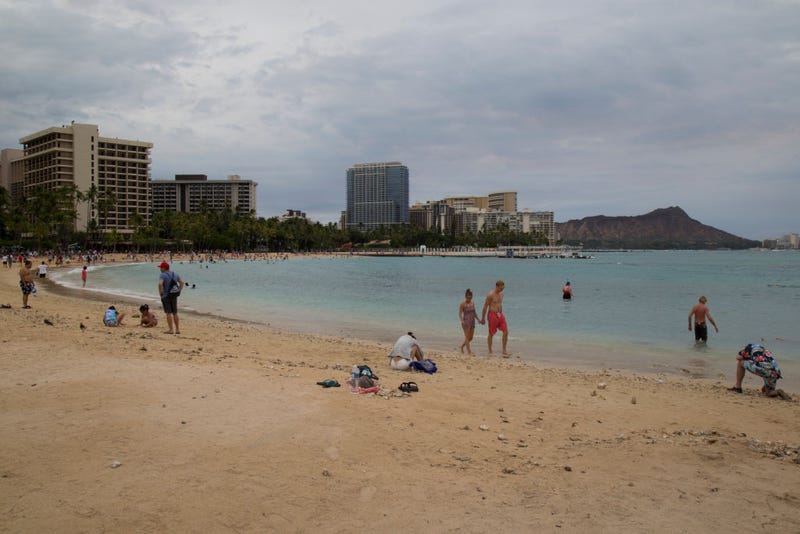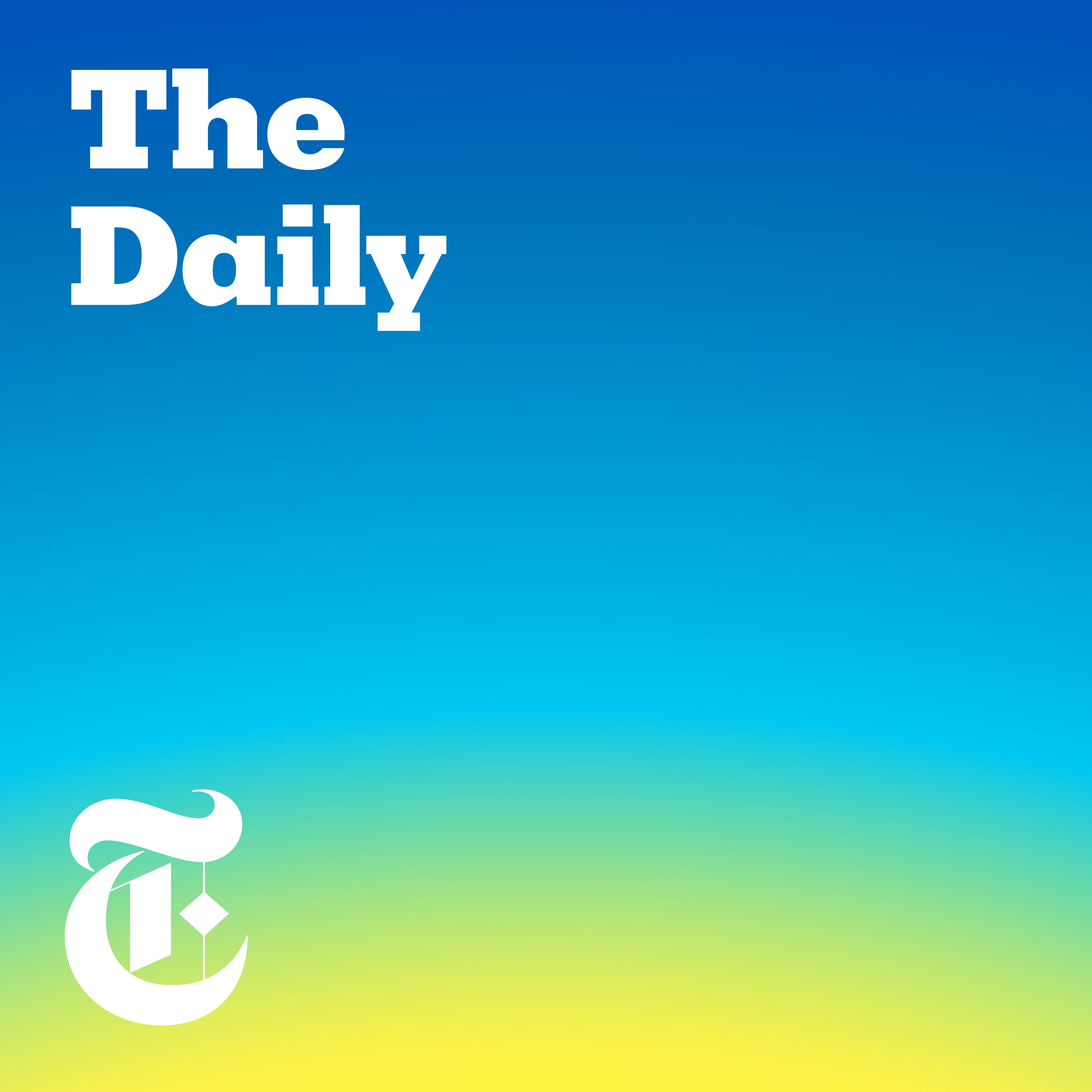
Hawaii’s most lucrative industry is dealing with the aftermath of Gov. David Ige’s plea to tourists earlier this week not to visit the islands through at least October due to an influx of coronavirus cases.
Listen to your favorite News/Talk station now on Audacy
The state’s tourism sector, the lifeblood of its economy, is scrambling to mitigate the heavy losses expected in the coming weeks following the governor’s announcement, which, while not a mandate, is expected to severely influence vacationers to stay home.

“Certainly it is having an impact (on tourism),” Mufi Hannemann, President and CEO of the Hawaii Lodging and Tourism Association, told KCBS Radio. “We’ve been meeting with the governor to try to strike that fine balance between health, safety and economic recovery.”
“We’re still getting a number of travelers that are coming, but we are starting to get future bookings that are canceled,” he added.
Hawaii’s economy is almost entirely dependent on tourism, a $17 billion industry, by far the biggest business in the state. In 2019, Hawaii tourism soared to a record 10.4 million visitors, before the industry was hammered by the pandemic over the past year and a half.
It was just starting to rebound this summer, which has seen a record number of travelers, however a surge in COVID cases forced the governor to tell visitors on Monday "it is not a good time to travel to the islands."
"Earlier this year we were down to 30 cases of COVID per day statewide," Hannemann said. "Now it’s 700 new cases a day over the past week. 10% of those folks are ending up the hospital. 87% of those cases are unvaccinated. That’s the challenge that we have before us, we need to get our people vaccinated."
"It’s a difficult situation but we have to manage our way through this because we are almost totally dependent on tourism."
The vast majority of new cases have occurred among locals, Hannemann said, with tourists only accounting for less than 1% of hospitalized patients.
"We know the governor understands the importance of tourism, we just have to get him to a better place in trying to handle what is community spread created by our local residents more so than the tourists," Hannemann explained.
LISTEN on the Audacy App
Sign Up and Follow Audacy
Facebook | Twitter | Instagram
